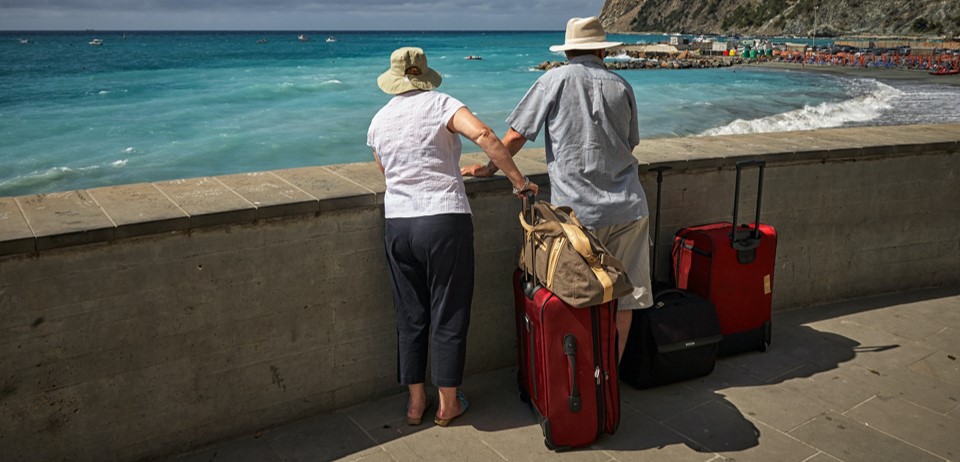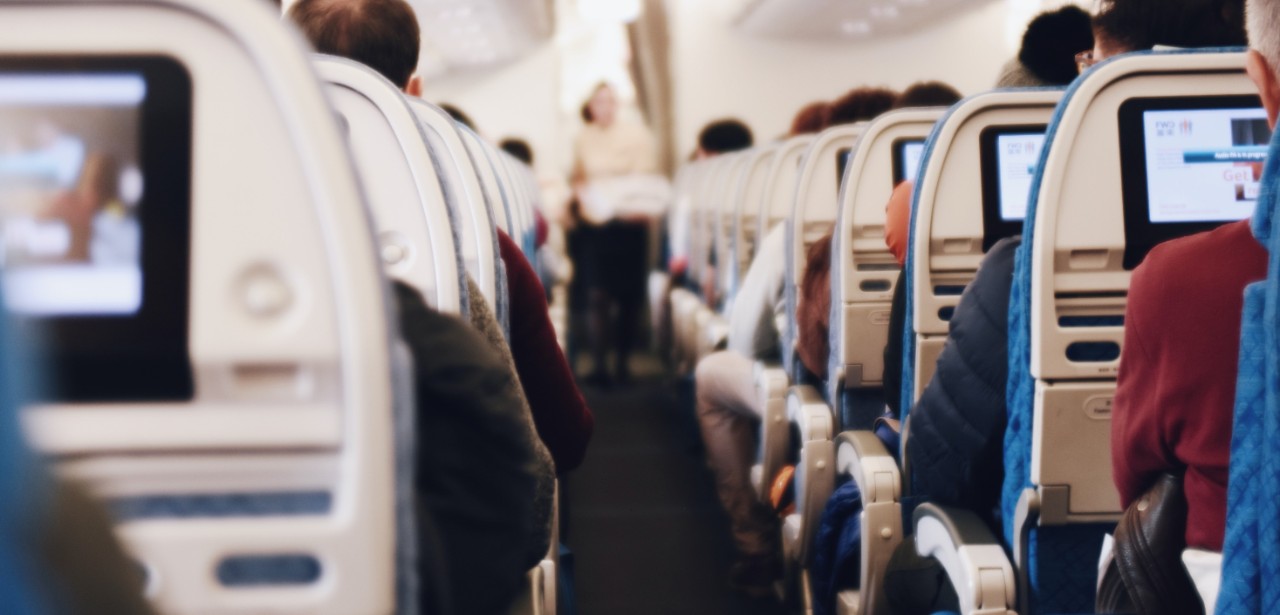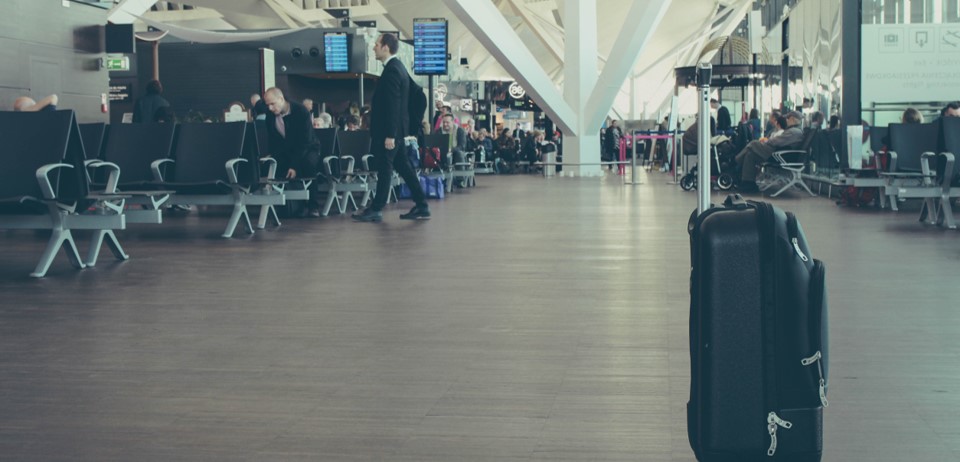Germany is widely known for its healthcare system which is one of the best in the world. Otto von Bismarck created the German healthcare system in 1883, who was also responsible for creating Germany's social security system. His vision was to provide a comprehensive healthcare system for all German citizens, which has been in place ever since.
Travelers to Germany have access to the same healthcare benefits that German citizens have, with some restrictions. Healthcare in Germany is divided into three levels: statutory health insurance (Gesetzliche Krankenversicherung), private health insurance (Private Krankenversicherung), and complementary health insurance (Zusatzversicherung).
Statutory health insurance is Germany's most common form of healthcare and covers around 90% of the population. Everyone who works and earns less than a certain amount per year must be enrolled in statutory health insurance, though travelers may have to pay additional fees. Statutory health insurance covers basic medical expenses such as doctor’s visits, hospital stays, medications, and certain types of preventative care.
Private health insurance is an option for those who earn more than the statutory limit and choose to supplement their coverage. Private insurance often offers more comprehensive coverage than public plans, but travelers may have to pay additional fees depending on their chosen plan.
Complementary health insurance is also available for travelers who want to cover additional treatments, such as alternative therapies or homeopathic remedies. It is important to note that complementary health insurance does not replace regular health insurance, but rather supplements it.






















